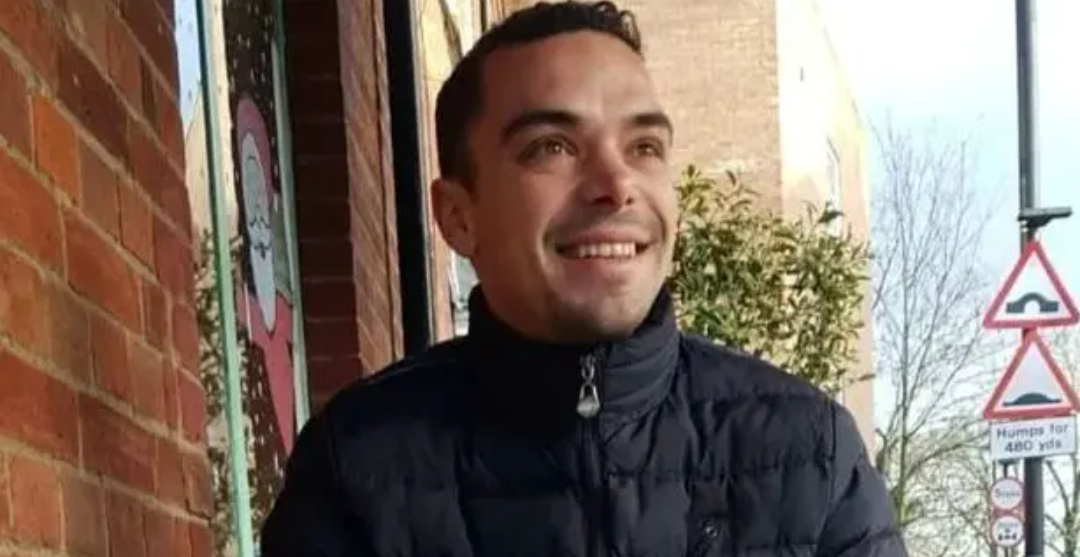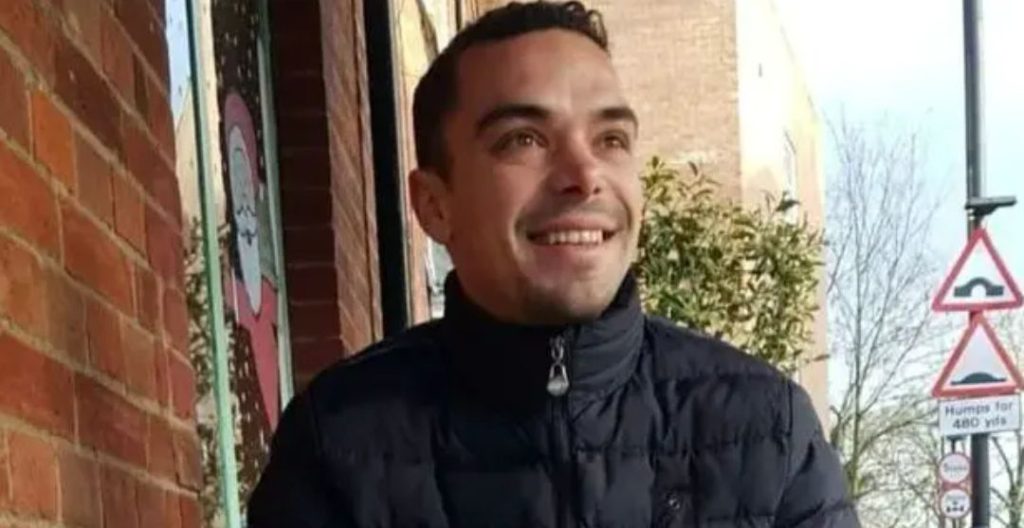
In a somber chapter of the ongoing refugee crisis, the life of 27-year-old Leonard Farruku came to a tragic end on the Bibby Stockholm barge, moored in Portland, Dorset. This heart-wrenching incident has brought to light not only the harsh realities faced by asylum seekers but also the urgent need for scrutiny, compassion, and reform within the systems meant to provide refuge.

According to The Telegraph, Leonard Farruku, an asylum seeker from Albania, paid a substantial sum of €4,000 (£3,436) to embark on a perilous journey across the English Channel in a small boat last summer. His quest for safety led him to the Bibby Stockholm barge, a vessel that has become emblematic of the challenges and controversies surrounding the treatment of those seeking asylum in the UK.
Reports surrounding Farruku’s death are deeply distressing, with witnesses recounting disturbing sounds of “shouting and banging” emanating from his cabin before the discovery of his lifeless body. This tragedy compounds the sorrow of the asylum-seeking community and raises serious questions about the conditions and treatment asylum seekers endure under the care of the Home Office.
Farruku’s sister, Jola Dushku, provided a poignant account of her brother’s experiences on the barge, describing conditions that were not just inhospitable but dehumanizing. She alleged that guards treated those on the barge “like animals,” a sentiment echoed by others who have faced the harsh realities of seeking asylum in a foreign land.
Bibby Stockholm, since its arrival in July, has been mired in health and safety issues, symbolizing the broader challenges in the asylum system. The barge, designed to house around 300 male asylum seekers, has been a subject of controversy, with concerns raised about the well-being and dignity of those seeking refuge.
The circumstances surrounding Farruku’s death are compounded by the fact that he is the second Albanian asylum seeker to die in the care of the Home Office in recent weeks. Alfred Dosku’s passing in November already cast a shadow over the treatment of vulnerable individuals within the asylum system. These incidents underscore the need for a thorough, transparent, and impartial investigation into the circumstances leading to these tragic deaths.
The Home Office, responsible for the welfare of asylum seekers, acknowledged the tragic incident and pledged support for the police and coroner’s investigation. However, this incident has reignited the debate about the treatment of asylum seekers in the UK, demanding a critical examination of the policies, practices, and conditions within the asylum system.
The Bibby Stockholm, with a staggering cost of over £22 million to taxpayers so far, serves as a stark reminder of the financial burden associated with addressing the needs of asylum seekers. The significant expenditure raises questions about the efficacy of the current approach and the need for a more humane and effective asylum system.
As Leonard Farruku’s family seeks answers and justice, the broader implications of this tragedy call for a comprehensive reassessment of the asylum system. Calls for accountability, transparency, and a compassionate approach in the treatment of asylum seekers resonate across communities and organizations advocating for the rights and dignity of those in search of safety.




